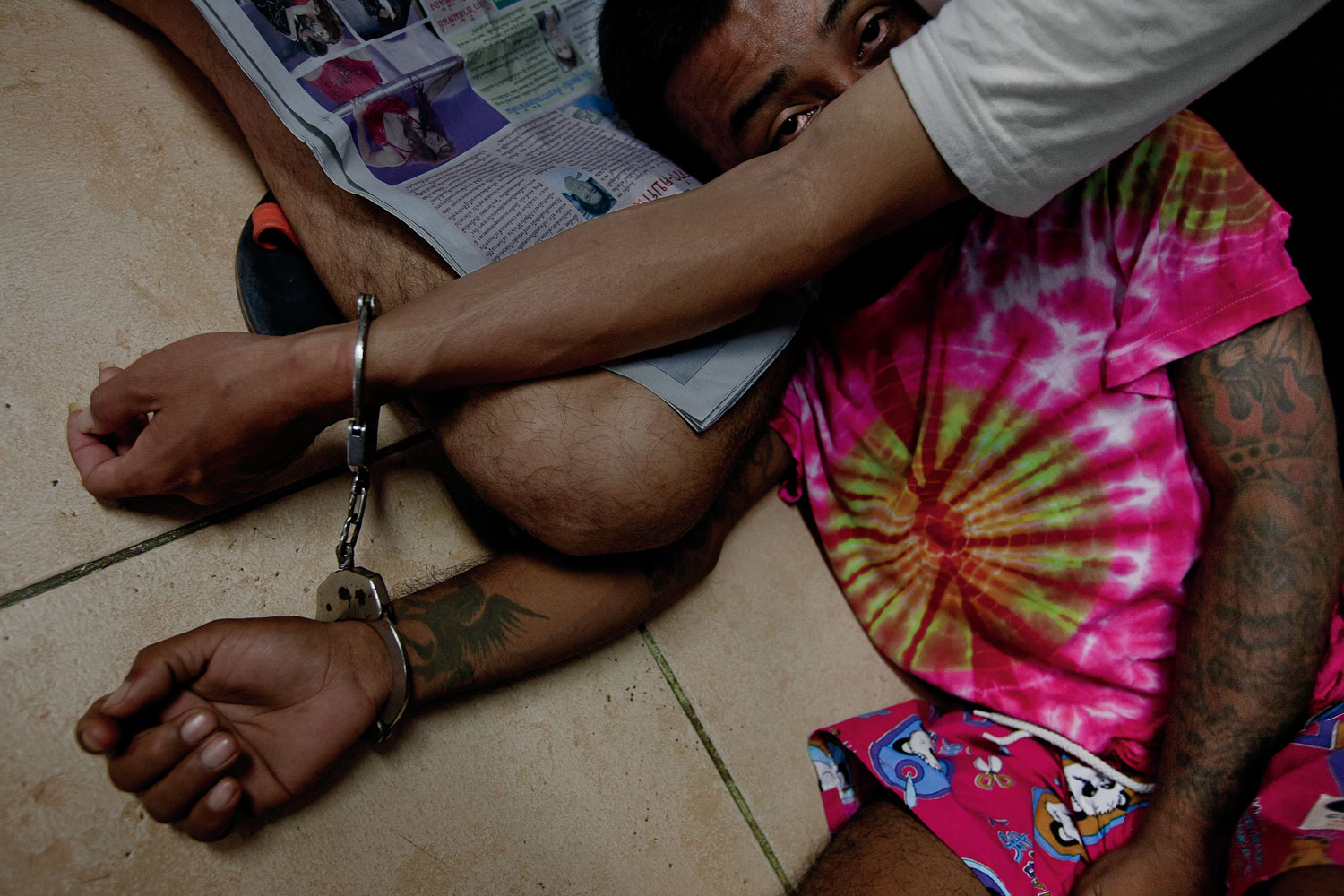
Get caught using drugs in Thailand, and you’re usually sent for compulsory rehabilitation at one of dozens of boot camps run by the Thai army or police. Flunk the program, or get caught again, and you could end up at the Special Naval School For Drug Addicts’ Rehabilitation in Chonburi Province, where hard-core drug-users get hard-core treatment. This self-styled “school” is located in a prison on Thailand’s largest naval base, about a two-hour drive from the capital Bangkok. Its walls are topped with barbed wire and its gates guarded by armed sentries. It is home to about 160 young Thai men, most of them former methamphetamine users. They will spend from six months to three years here. New arrivals are locked in a cage. Those who try to escape are shackled. The main therapy is grueling, dawn-to-dusk exercise.
The Royal Thai Navy claims its techniques works, although critics maintain that military-style boot camps—still favored by governments across Asia—are inhumane and ineffective.
-Andrew Marshall
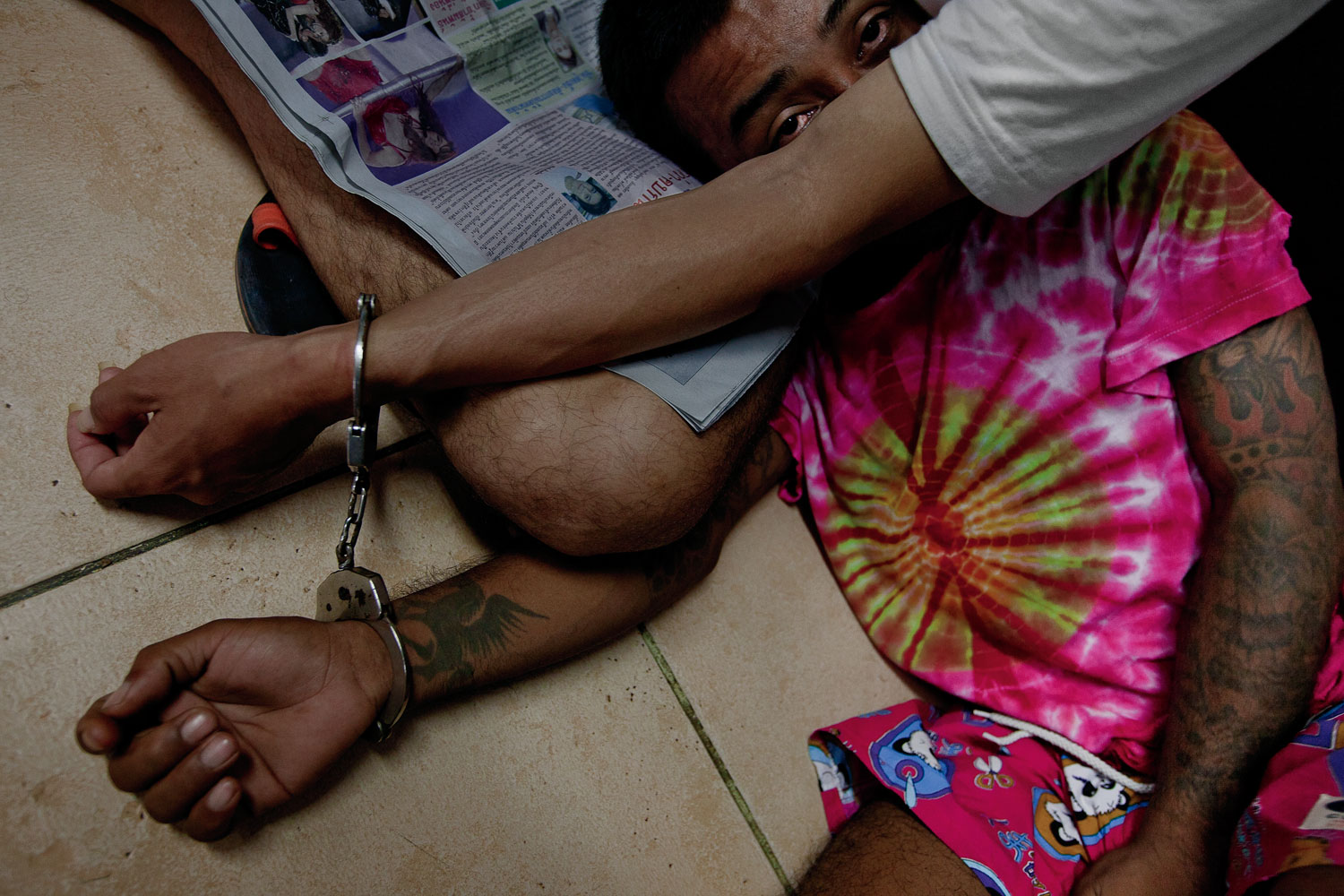
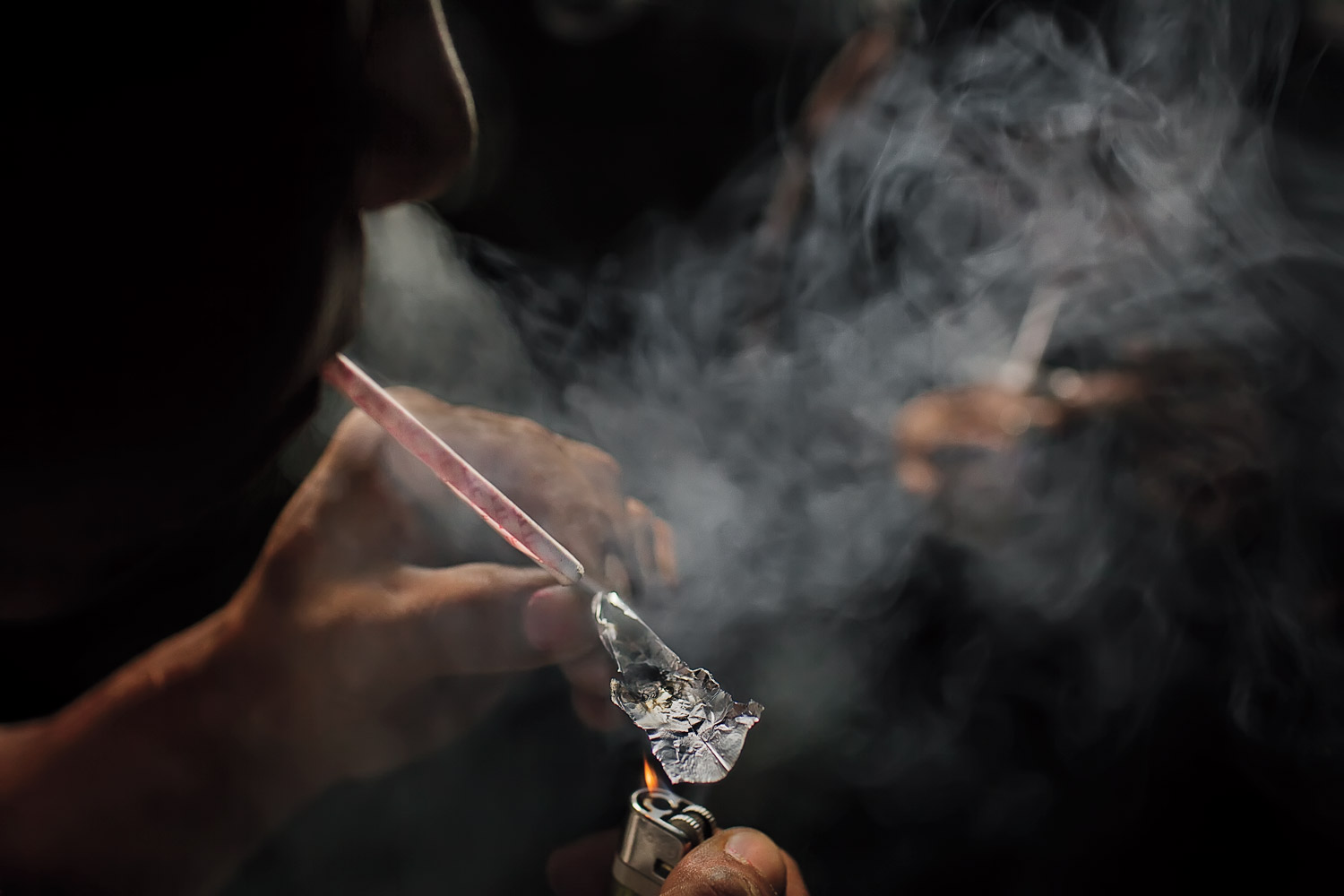
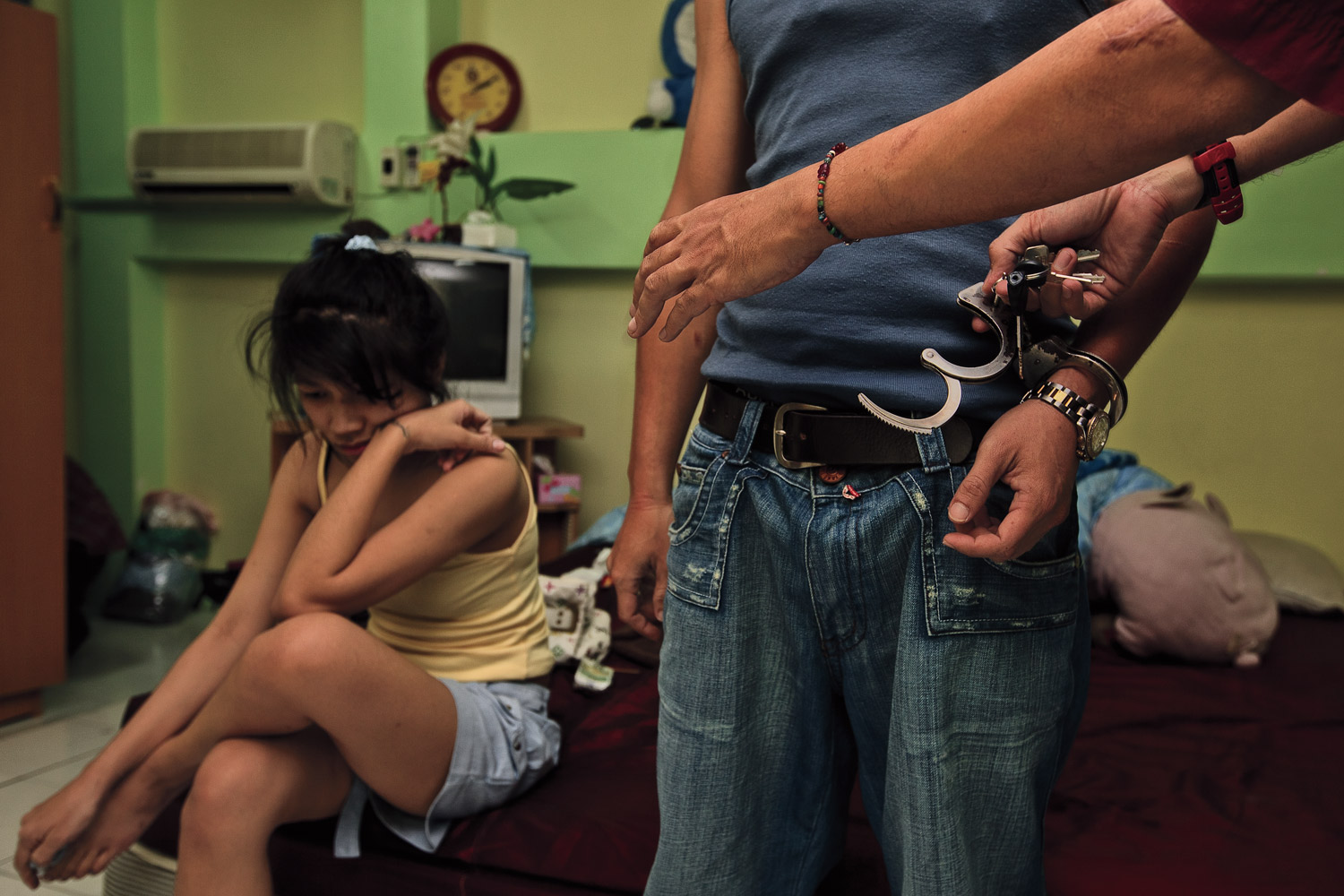
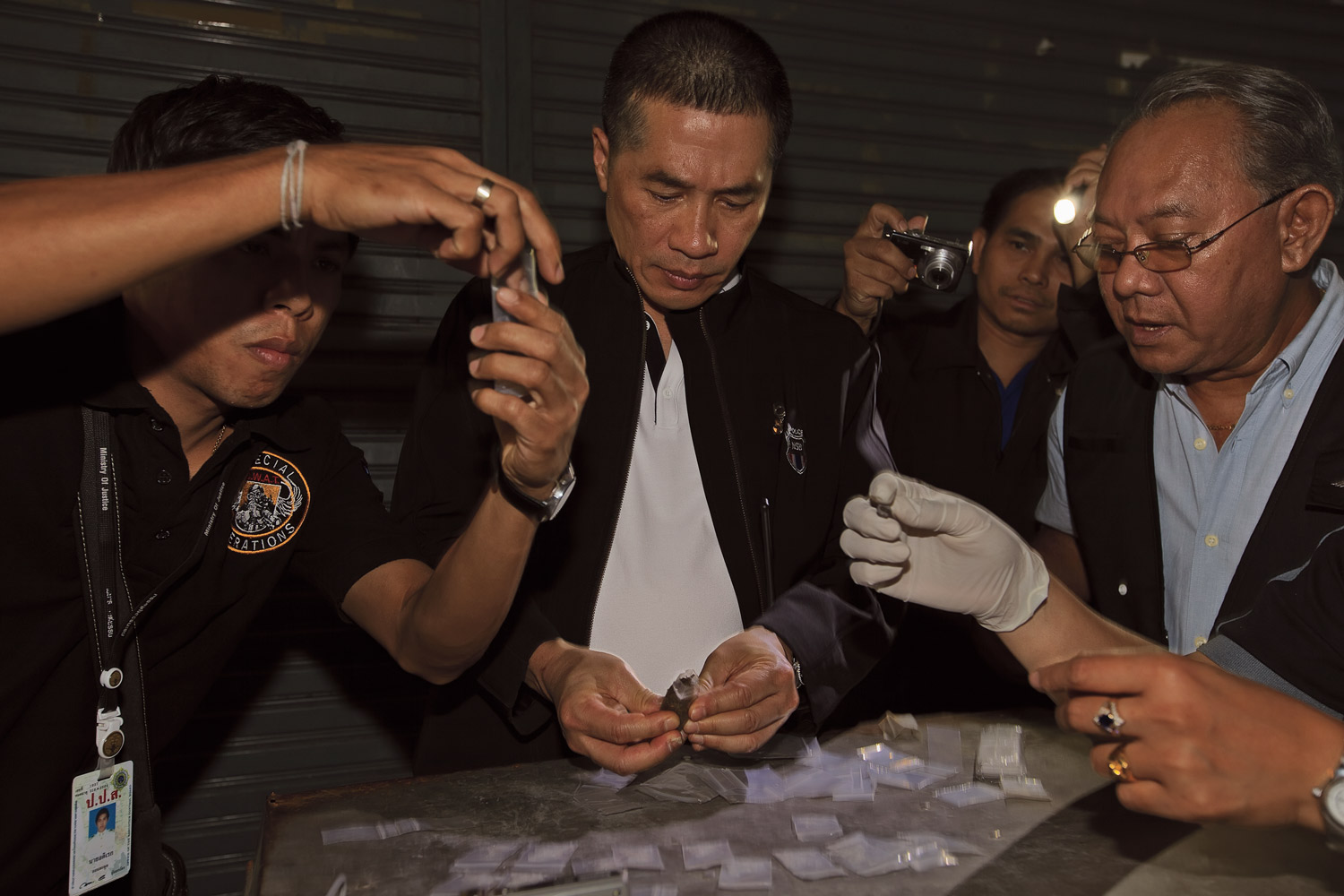
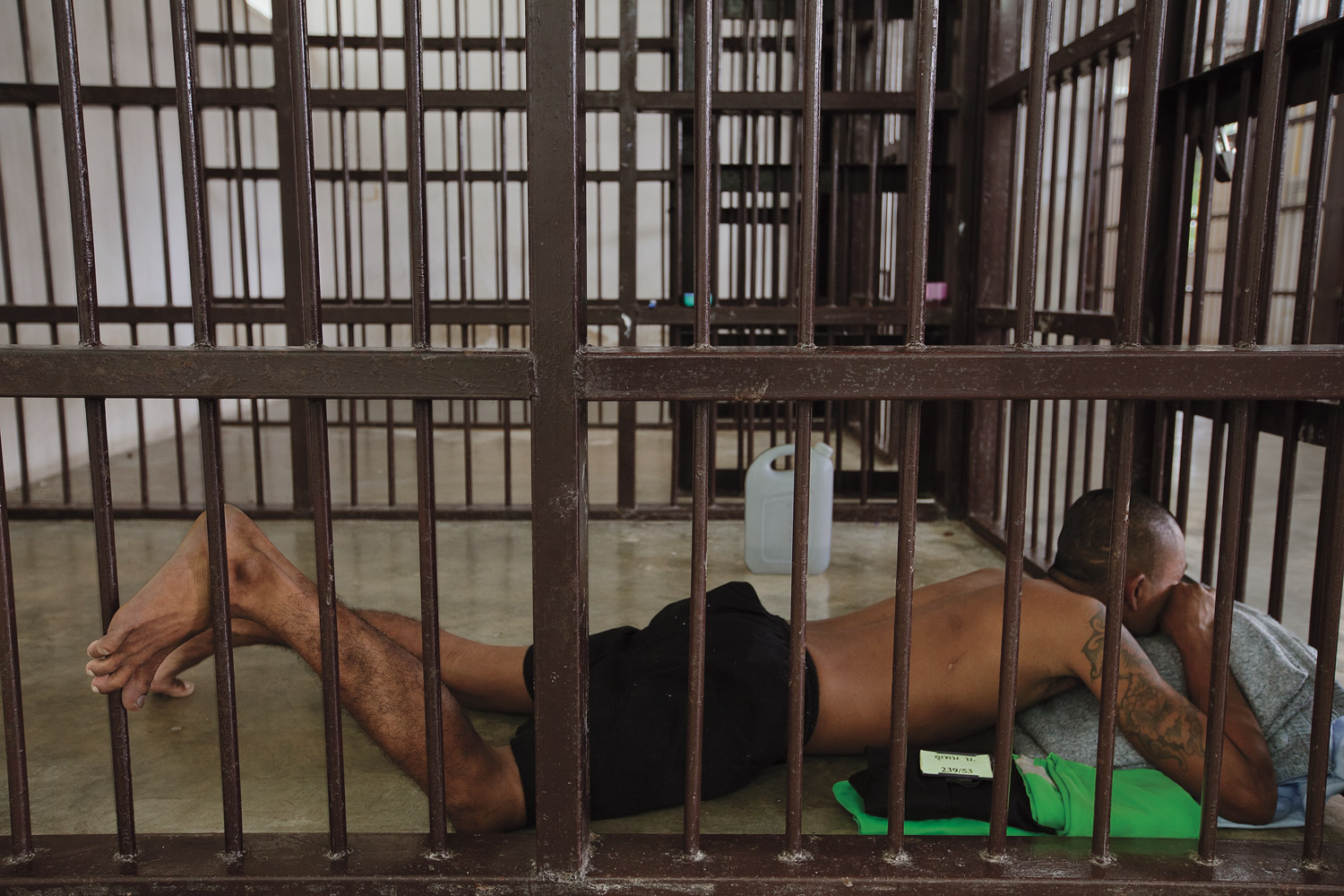
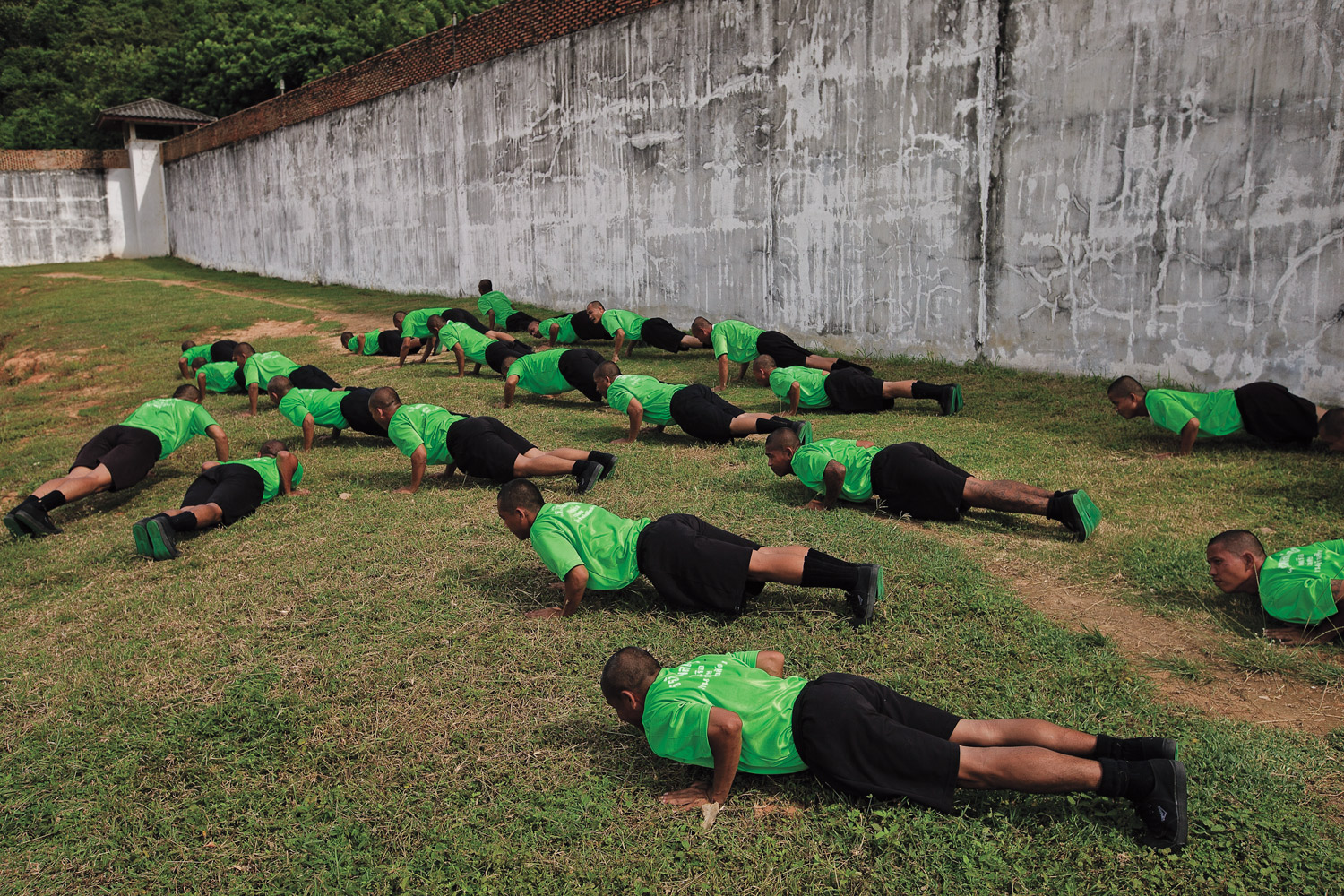
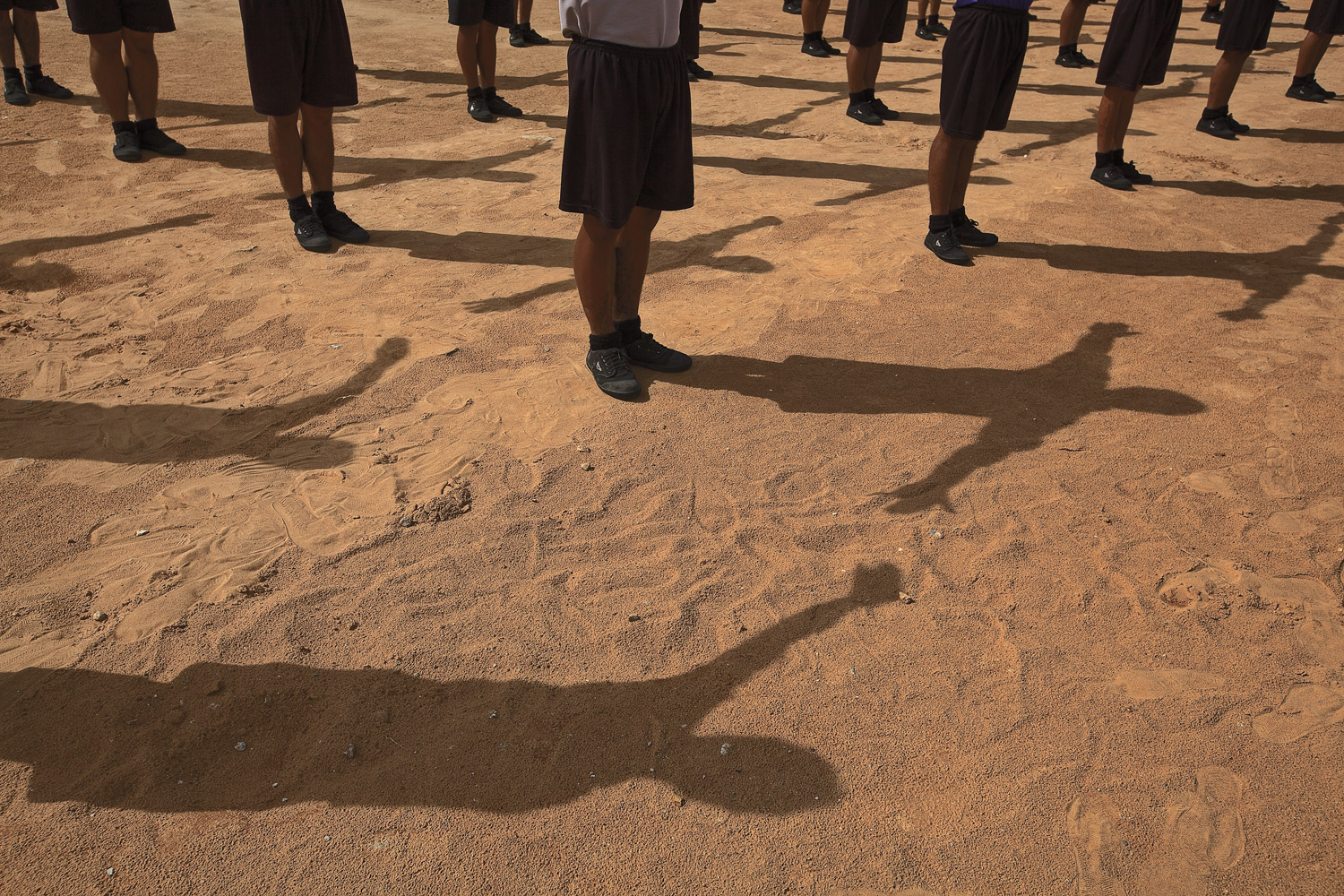
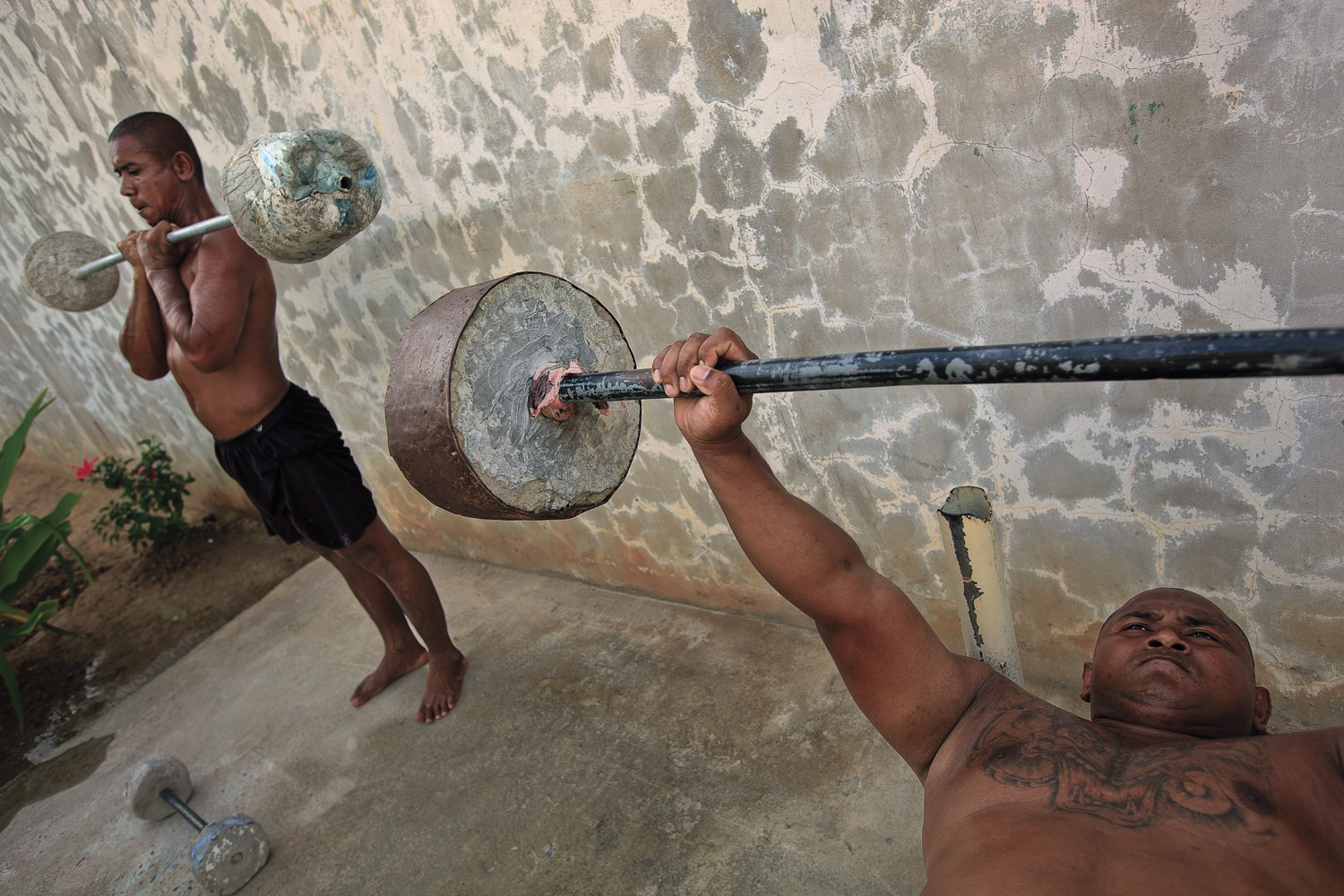
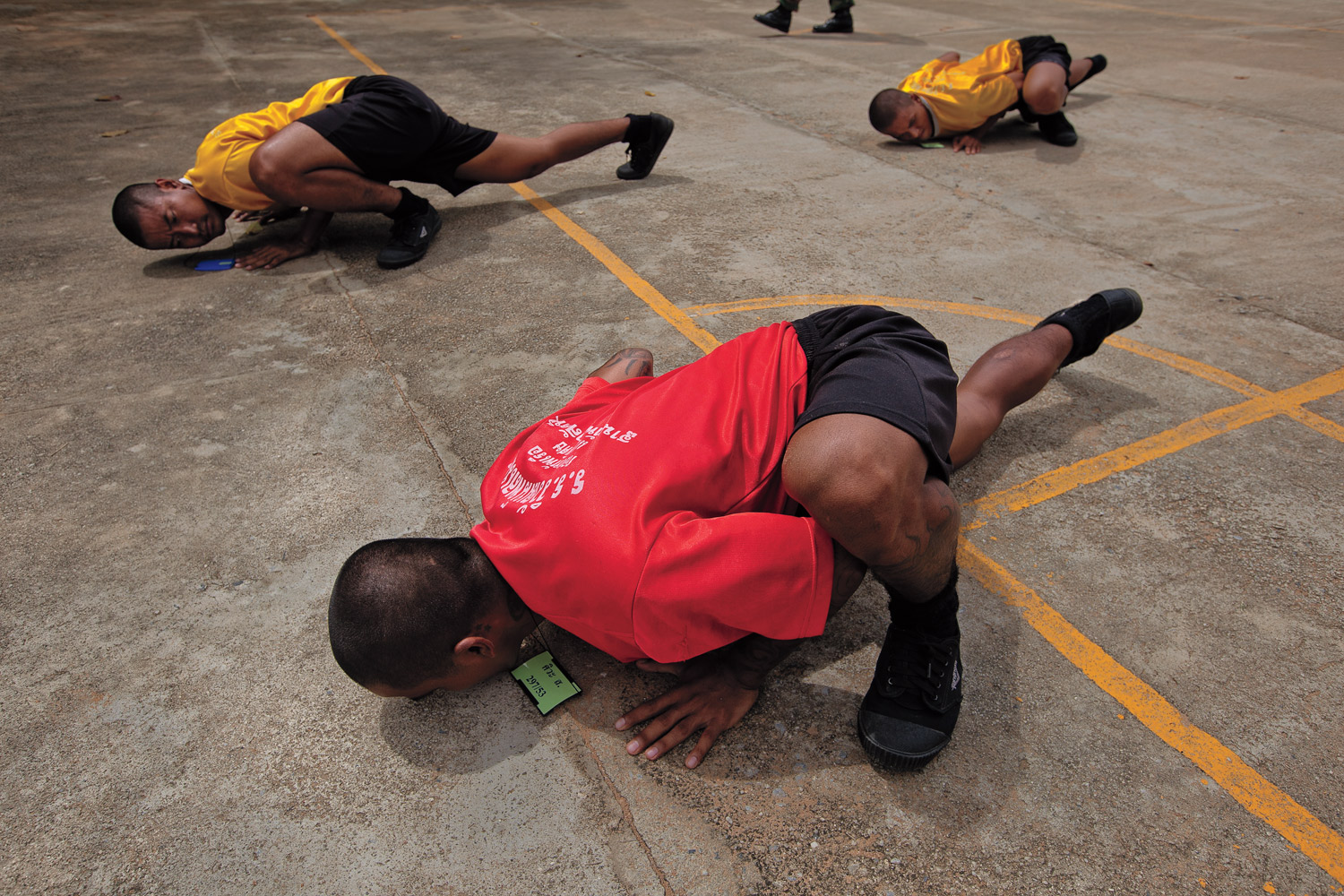
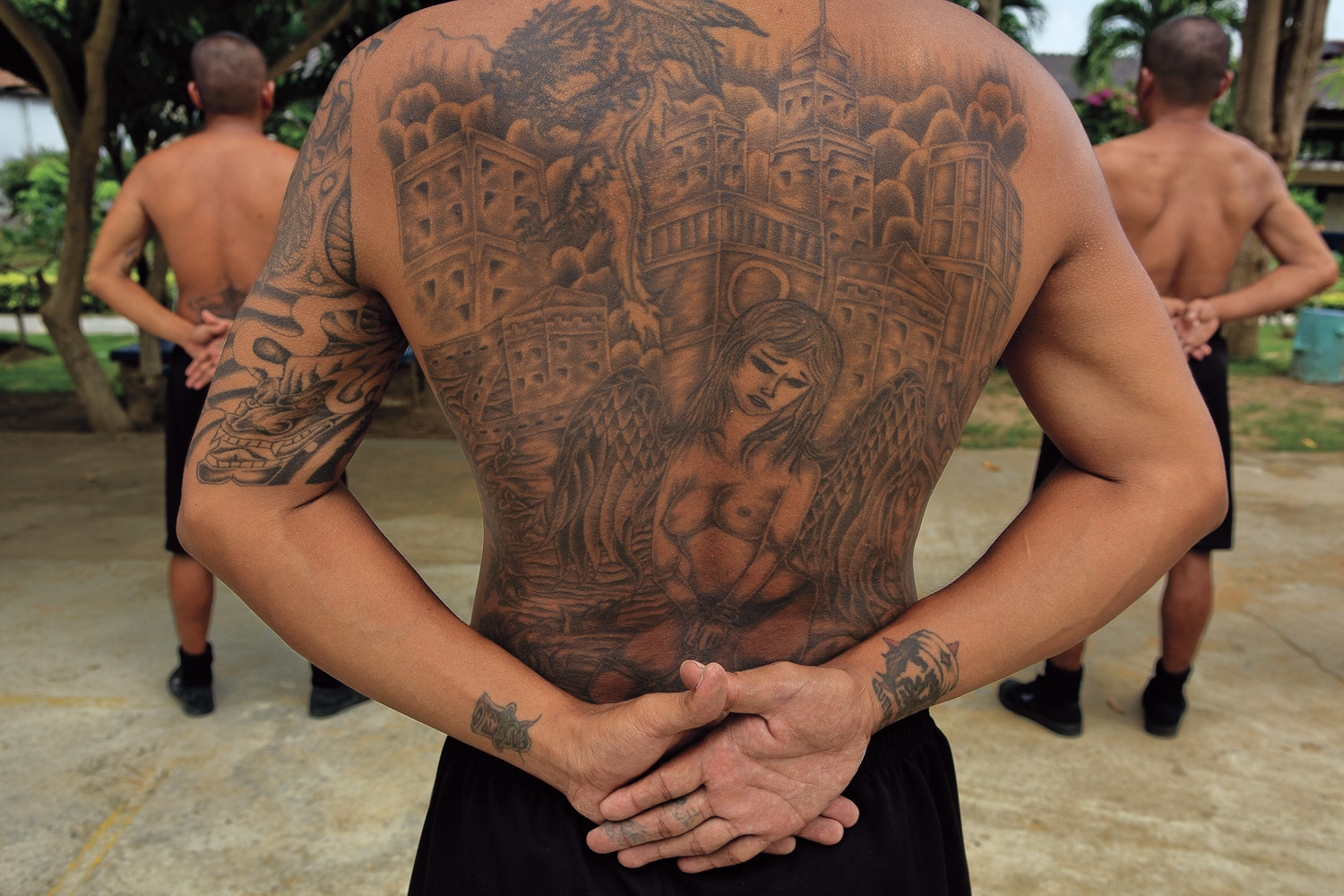
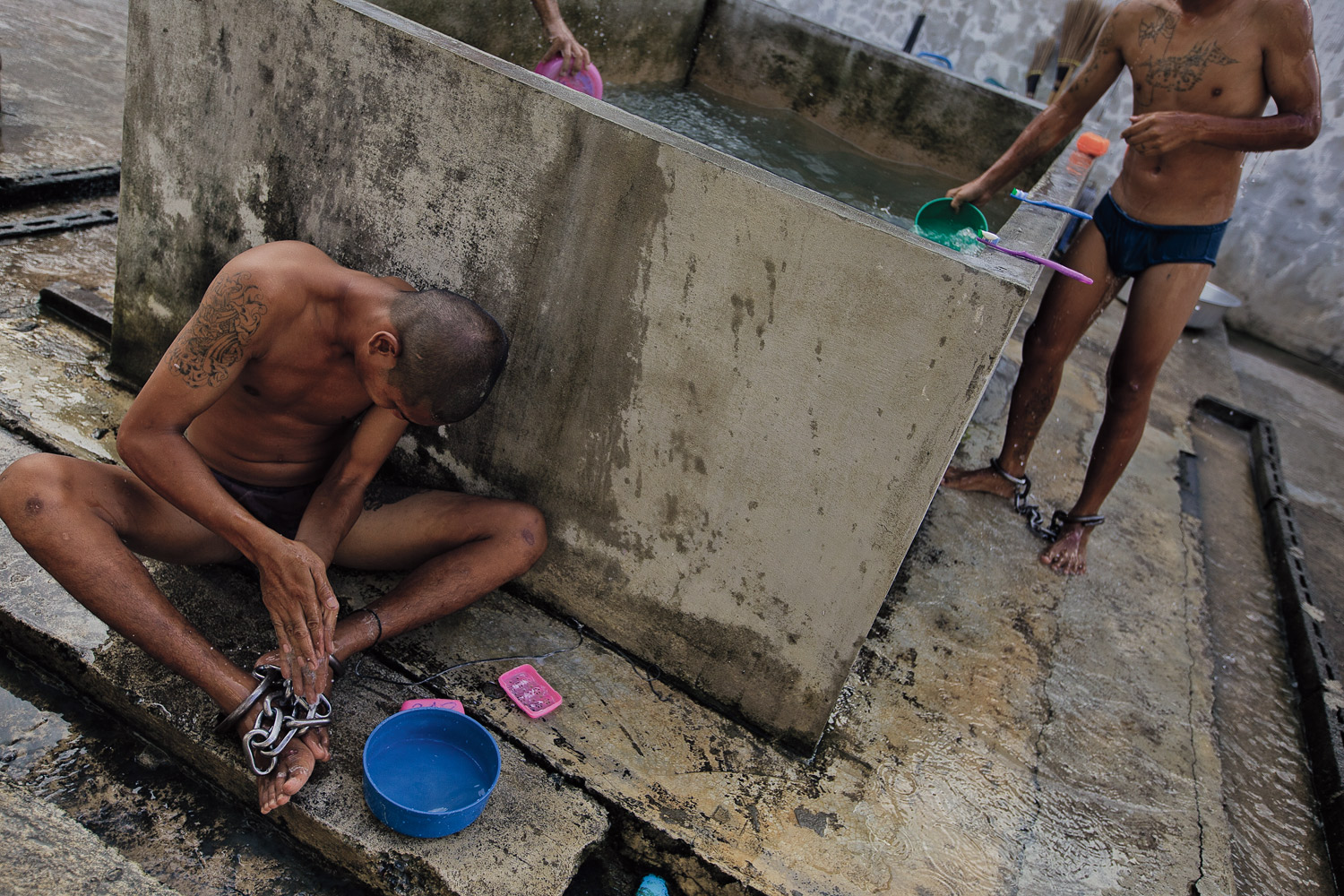
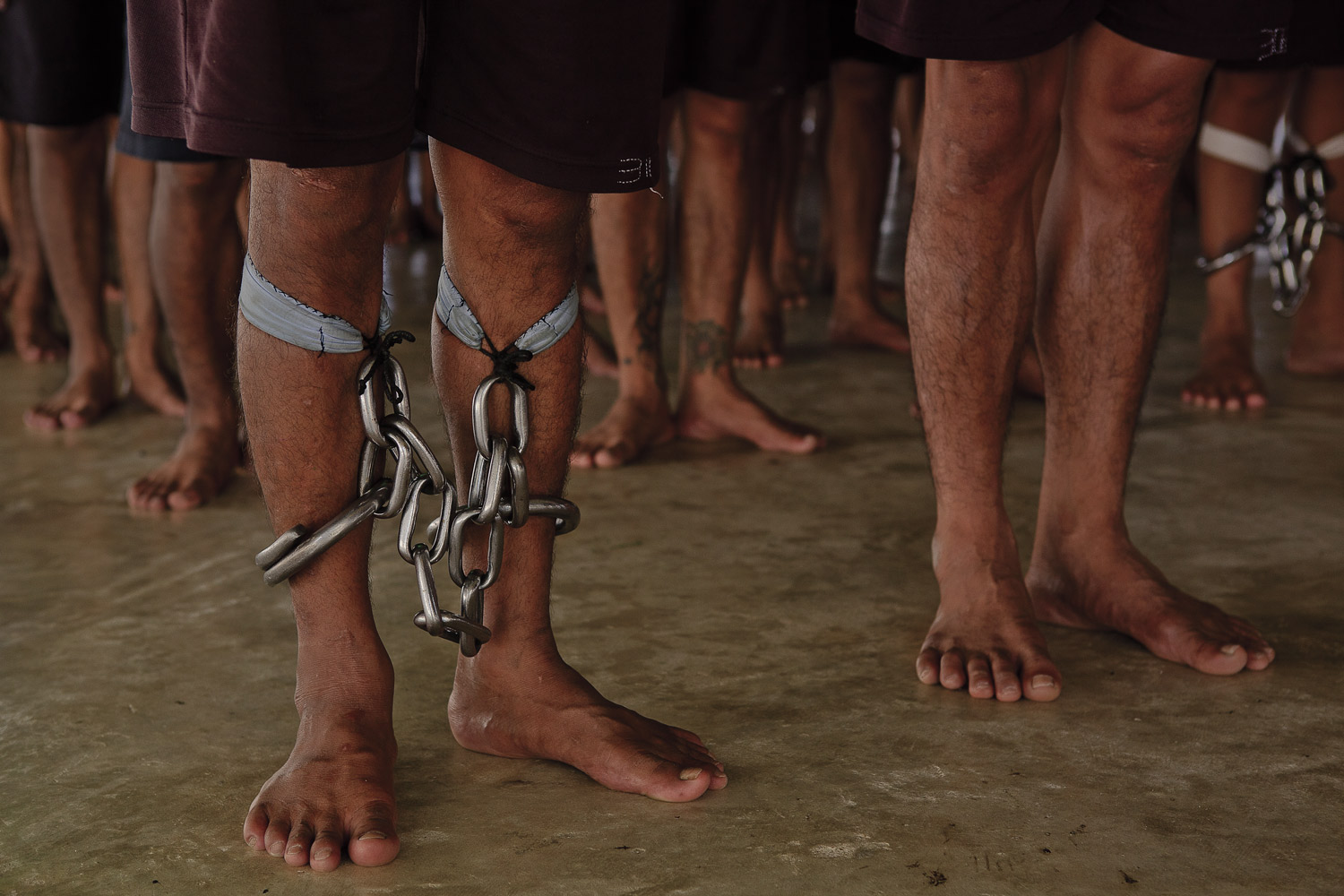
More Must-Reads from TIME
- Why Biden Dropped Out
- Ukraine’s Plan to Survive Trump
- The Rise of a New Kind of Parenting Guru
- The Chaos and Commotion of the RNC in Photos
- Why We All Have a Stake in Twisters’ Success
- 8 Eating Habits That Actually Improve Your Sleep
- Welcome to the Noah Lyles Olympics
- Get Our Paris Olympics Newsletter in Your Inbox
Contact us at letters@time.com